.
.
“Animals with Nowhere to Go,” a story by David Biddle, was a short-listed entry in our recently concluded 55th Short Fiction Contest. It is published with the permission of the author.
.
.
.
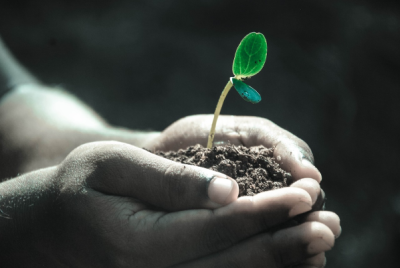
.
Animals with Nowhere to Go
by David Biddle
.
…..He told us we were required to freeze everything in our lives and find the nearest house or store or restaurant or motor lodge. Don’t knock. Go in. Get comfortable. Wait for further instructions.
…..I ran as fast as I could to the Wyndham Super 8 in the same parking lot as the Denny’s where I used to take my children for special times on Saturdays. I could have run to any number of buildings in that neighborhood. People in a few of the houses nearby had at one time been friends. But I used to fantasize a lot about the Eight from the windows of that Denny’s. What a wonderful opportunity.
…..I would rise early, prepare breakfast for everyone, clean up the kitchen, make sure the cast-iron frying pans didn’t lose their seasoning, then go out to the room off the lobby with the TV on and sit with others most of the day. I loved those people. We were every kind: Asian, Black, Puerto Rican, Irish, Italian, Gay, Jewish, Vegan, Left-Wing, Conservative, Rich, even Unassuming Basic. More than a few of us had special personality issues. I for one was adopted when I was only two weeks old and never learned my heritage. Not a shred or a flake. As a result, I have fought a sense of separation from everyone and everything throughout my entire life. I suffer from fear of abandonment as well. I am dark-featured with caramel-toned skin. People assume far too much about me. My eyes could possibly have come from an Asian type of DNA or Nigerian, maybe a Mestizo combination from Spain and Mexico. But I am beyond the approximation of saliva analysis and fancy genetic mythologies. I’ve spent my life worrying too much about whether people legitimately love me. People too often make poor assumptions about each other out of ignorance and misunderstanding. These people, here, though, living at the Eight, they’re different. We’re different. Everybody understands the problem of difference.
…..Only two legitimate couples were part of our motel group. Most of us were either divorced, abandoned, or happy alone. We had a basement filled with all sorts of motel items including piles of continental breakfast cereals, powdered eggs, juice boxes, and tiny donut and cinnamon roll packages. Also, there was a pallet-and-a-half of cigarette cartons to stock the auto-dispensing machine near the check-in desk. The majority of us began smoking again, if we’d ever quit. We did a pretty good job keeping each other from becoming crazy-addicted like we all knew you could get. I chain smoked a lot back in my thirties. That goes along with drinking too much, of course, and everything else that requires turmoil then learning.
…..Around four o’clock, we would have tea and sweet crackers someone kept making out of a sourdough sponge mixed with a bit of brown sugar, salt-butter, and dried herbs they’d found in what had been a little garden behind the back building. Six was our cocktail hour. Some of us started to make dinner then. We drank while we cooked.
…..After dark we’d go up on the roof and talk quietly while down a small hill a guy named Pedro that everyone seemed to know played guitar and sang sad songs. Sometimes he would be accompanied by a woman on trumpet and another person no one ever saw on violin. Those two played from separate buildings nearby. I asked once why we were hearing so many sad songs. In the dark, no one answered me. Maybe a week later I slept with this Black-Asian guy who told me it was surprising I didn’t understand the blues.
…..That music they were playing, I replied, did not seem like the blues that I know. It was truly sad. I couldn’t hear if it was able to find a way forward. The blues has to be able to find its way.
…..He laughed at me and said that only certain people really hear what’s going on with that music. There’s particular notes. Combinations. But also something more. It has to do with how folks think when they realize there’s only one way out.
…..I said that the music Pedro was playing on his guitar in the dark was like a dirge – sadness at what we are all dealing with everywhere in the world all at once and people dying. There’s no anywhere anymore. Does this even ever end?
…..After a few weeks, I generally stopped drinking at night and made sure I found an out-of-the-way room for myself to sleep with a window to crawl out. I also needed it to be difficult for anyone to find me because quietly looking out across the backside of the parking lot at the woods off in the distance was calming, and also extremely enticing. You don’t want to be interrupted if you find that kind of awareness. When I needed to eat or have sex or talk to people, I would head out to the lobby and make myself available, or ask someone for a cigarette or just enter the kitchen and take over.
…..On rainy mornings the woods could become soaked in a jade light, with emerald leaf nipplings popping out everywhere, glow-pulsing despite the watery mist and fog and slow-motion wet. I saw remnants sometimes of an old hidden railroad through the trees.
…..When I opened my window, I could hear and smell and even taste everything out there trying to return to the wild fueled by confusion. It made me want to dig a hole and get under all of that change, maybe find something new beneath things that could help the whole world. I understood it might mean long pieces of days out there and that the weather could change up and down, but I felt ready. Someone else could take control of making breakfast. I would still do supper and clean up after.
.
#
.
…..He kept popping up on TV. He talked too much about himself, but eventually got around to giving us instructions. It was quite obvious that he didn’t know what effect he was having on his listeners and that he had no idea anything we naturally expected of him could be so difficult.
…..At night we had Pedro and his guitar and sometimes violin and horn joining from nearby. You could hear people all over the neighborhood in the dark. Fires would be lit on the ground in some places. Up on the Denny’s roof across the parking lot, people wore all-white, moving in streetlight glow like soft, low animal clouds. Someone near me one night asked whether when you dress in all-white and dance on a rooftop you can make special breezes that go around the world and come back.
.
#
.
…..I needed to dig a hole out there because I knew eventually something would be revealed. The earth is an engrossing cross-sectional phenomenon. Besides all the normal stratifications you get with geology and plant life and layered water-shaped distortions, for all of humankind’s presence here people have buried secrets and their dead below the surface. You never know how far you will be required to dig until you have actually found what you need. Someone said that once. Maybe the genius Brazilian writer Clarice Lispector. It could have been Madonna, too, in her Kabbalah phase.
…..I could see the motel from the woods, birds tinkling and chiming everywhere in early light, flashing through the air, a constant fluttering sound in the trees and bushes. It had rained the night before, so the soil was soft and loose. I might have thought to bring a shovel maybe. They had several in a shed on the side of the building. I used my hands instead and a few flat stones. In the beginning, I worried a good deal about the tips of my fingers and for that matter my nails. Also, I didn’t want to cut my hands in the dirt. There are billions of different types of organisms underground, some poisonous. Everyone knows certain bacteria can eat human flesh once it gets inside. I dug carefully, then, and slowly. Small, incremental quantities. Nothing mattered anyway except waiting for an end to our shutdown. Maybe a solution mattered as well to being no one connected to nowhere, a selfish hope indeed, but it mattered.
…..I began to wonder as my hole grew bigger whether I intended to find something special like ancient artifacts, or whether I thought I might discover a new world through a gap that had always been buried there – an opening into another sky. Or, perhaps, an aperture view rising through another ground with young trees and new shrubs exploding into the sky and someone staring at me while I watched them.
.
#
.
…..He ordered up a debate format between networks to pre-empt prime time TV scheduling. He was the moderator flanked by women in bikinis and sometimes men in small organ hammock briefs. These were mostly beautiful and quite sexually bodied young people. Besides this odd form of near pornography, teams of cable news commentators sat at facing game show desks arguing in detail about vaccine engineering and disease mitigation techniques. At first, we all found it entertaining and even a bit salacious. But after a few days we ignored him and headed back up to our roof for smokes and to watch the stars while Pedro and the other musicians played their new form of music. Someone in our group pointed out that we hadn’t heard music with percussion for weeks. Someone else wondered if that was a good sign and that even piano is a percussion instrument. It seemed to me that without percussion and beat it was easier to have feelings that were my own. I didn’t want to say anything, though, because sharing insights like that always seems anti-social. One of the two married women stood up and went to the edge of the roof in front of everyone and declared that she was glad we hadn’t heard any percussion, rhythm, and beat. It was important, she said dramatically, for all of us to stay as far away from time and expectation as we could.
.
#
.
…..Some mornings when I arrived fragrances like wet colors preparing to heat up would be rising off of everything. I discovered new living organisms every day trying to make a home for themselves. Liquids tended to merge and blend because I was making such a low spot. Mostly, these liquids were from various forms of dew and condensing fog and whatever rain may have fallen in the night. I found young cave crickets under buried stones, and small rodents the size of my toes.
…..I began to arrive most mornings in near darkness. I used my phone screen to see what needed to be seen. It’s true that I could have swiped up for the special flashlight option that comes with phones, but that was far too harsh and bright. In this era now, simple photo light is the best way to see because then everything is comforting and warm.
…..At the Eight I spoke with people over dinner in vague and general terms about making depressions in secret places. Sometimes they just wanted to go back to their rooms with me. It depended on how I was feeling. I needed to talk about digging pits in the woods and finding things that may matter under the surface, but it also made sense to help deal with hunger and desire and to discuss abstract ideas later. As always, I felt different and separate from everyone I lived with. Sometimes they talked to me about that. It was one reason so many people enjoyed pleasure with me. And, of course, there was somehow always love – odd as that may seem.
…..What would happen if a person dug a hole kind of like a room in the ground and decided to stay there? Would you cover a person up if they asked you to? Does it make sense to take naps in a hole you’ve made lying facedown so that you can’t see anything? You’d get to smell so much of the earth and feel the variety of what is living there smaller and less fearless than anything on the surface.
.
#
.
…..After a few months he began to only show up on Sunday nights. Plans for your week, he told the cameras. My way or the highway. He liked to make things sound comforting and rhyme a lot. News you can’t use. We were smart enough to understand that he was incompetent and kind of mean. It seemed like he had started getting frustrated with everyone. He spoke a lot about staying inside, keeping to your own group. Don’t complain, just abstain.
…..I personally did not like what was being said to us. He was implying that everyone needed to stay out of the wilderness and that we should let him do what he wanted and that we needed to stop having our own expectations. The implication was that nothing is better anywhere other than right where you are, so stay put. Don’t move. They didn’t want us to think for ourselves.
.
#
.
…..The woods are filling in nicely now. I bring a bottle of water and a few packages of vending machine crackers most days. Sometimes I wonder if I should stop digging and try something else to fill the time. On rainy days I do a little work on the walls in order to keep them from crumbling, but head back to the Eight early. I’ve created my own form of motel meditation yoga. I feel partially fulfilled using the bathroom counter, the tub, my mini-fridge and, of course, the double that I don’t sleep in. Still, generally speaking, once you’ve constructed something as deep and meaningful as a pit in the woods anywhere, you really don’t feel comfortable leaving it to the elements in the middle of the day. Besides, the cool of a hole in the ground like mine in August is a luxury and a balm if ever that word had meaning on this earth when up top people must live with humidity and gray heat so incessant the air has become a form of learned helplessness.
…..Yellowjackets have formed a nest in the ground about twenty yards deeper into the trees. I consider digging a tunnel from the bottom of my pit towards their nest. I’ve heard they glow underground and their hum in the dark is soothing to certain mammals. I’m not stupid, though. Those stories are likely mistaken or made up.
…..The hole is so deep now I have started carving steps into one corner. It’s got the same basic dimensions as my bathroom at the Eight. The stones I’ve been using fit in my hand like they’re a part of me. Or, perhaps, all along the stones needed me to become part of them so that they could dig themselves this imprint in the earth. When you’re an animal with nowhere to go, sometimes you make your own places. Sometimes you find others in the same predicament. And sometimes places turn you into something that you never thought possible.
.
#
.
…..On the roof most nights it’s always the best feeling. Everyone agrees now. The sound of guitar, horn, and violin along with voices coming up our slight hill, music that is obviously becoming a new form of the blues, the smell of smoke in the air and the taste of beer and wine – it all feels like there is a secret in the sound of people speaking to each other softly on a roof at night with so much nearby and everything at stake. Some of us are trying to learn as much as we can about that secret, others seem to think it’s better not to try anything that’s so difficult. I guess they figure things will just come to them the way they will.
…..I’m surprised anyway by what this new music helps me think about. There are clearly correct answers and solutions to our dilemma even though we’re all stuck together here. We have enough strength and courage and smarts to make sure the rest of life is going to happen. I keep wanting to say that to everyone when we’re together up on the roof. But how does one say something like that with the right tone of voice, especially someone like me who has no idea at all where they came from or where they’re going next, or when what is happening will finally finish?
.
.
___
.
.

David Biddle is a mixed race Quaker American author who lives in Philadelphia, PA. His novel Old Music for New People will be published in December of 2021.
.
.
Listen to the violinist Nigel Kennedy play “Dusk”
.
.
.




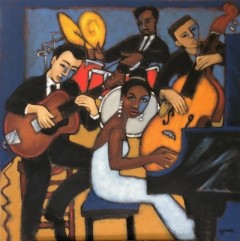
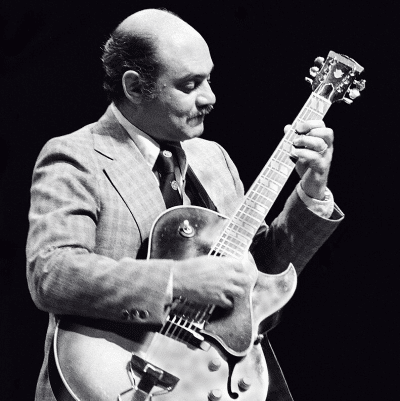
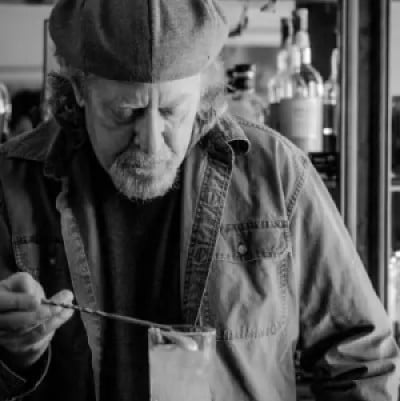


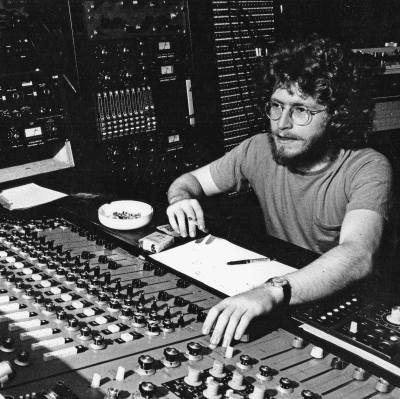
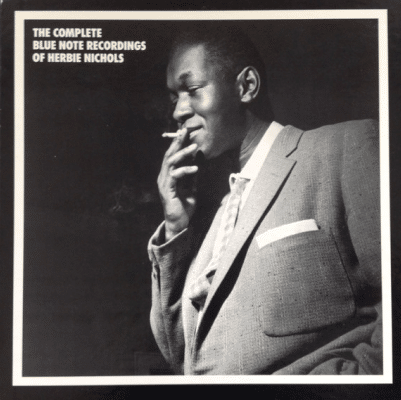
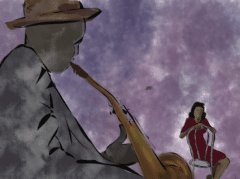



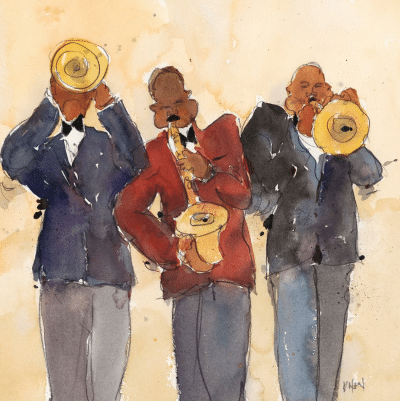
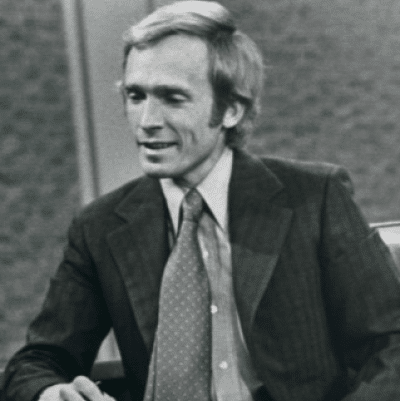



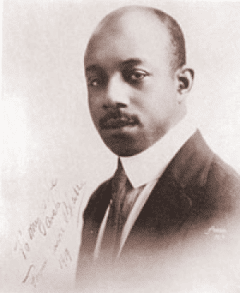


Thought provoking phrases and images that encourage us to think and appreciate the all around us